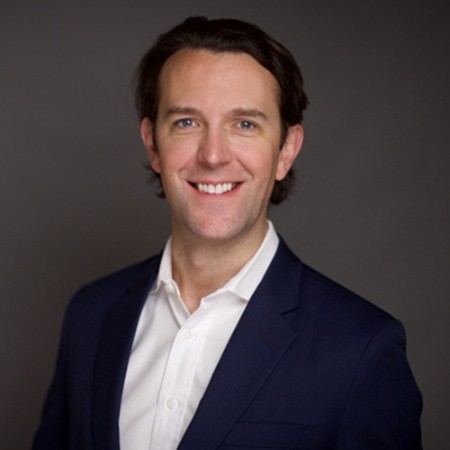
Will Rhind is the Founder and CEO of GraniteShares, Inc., an independent exchange-traded fund, or ETF, issuer headquartered in New York City. Founded in 2016, GraniteShares seeks to launch innovative, disruptive ETFs that solve key issues for investors. Prior to GraniteShares, Mr. Rhind served as the CEO of World Gold Trust Services from 2013 to 2016 and a senior executive at ETF Securities from 2007 to 2013. He was also formerly a Principal at iShares and one of the original team members in Europe.
In this exclusive interview with the Wall Street Transcript, Will Rhind explains the concepts and the process behind his recent establishment of a new kind of ETF based on pass-through securities and high yielding security types.
“I set up GraniteShares because I wanted to establish a business that solved two key challenges for investors within the commodity fund world: high management fees and suboptimally structured funds. The GraniteShares platform is designed to solve issues around 1933 Act K-1 funds and the ETNs issued by banks. We offer a suite of 1940 Act ETFs with no K-1s that are the lowest cost in the industry. That was the basic premise of starting the company.”
The new concept is an innovation on existing product types.
“It is offered without a K-1 or a blocker corporation, and by diversifying across multiple pass-through “subsectors,” you have the benefit of investing in not just MLPs but also in REITs, BDCs and closed-end funds. All of that combined produces a high yield, currently around 8%, but with added diversification across the three other subsectors — BDCs, REITs and CEFs. This is arguably more beneficial than investing solely in MLPs, REITs or in other types of securities like preferreds or high yield bonds where you are taking very specific subsector risk in one of these narrower categories.”
Read the entire interview with Will Rhind of GraniteShares in the Wall Street Transcript.

Kip Meadows is the Founder, Chief Executive Officer and Acting Chairman of The Nottingham Management Company, Inc. Mr. Meadows is the lead visionary and principal consultant, assisting clients with the formation of new funds and strategizing to improve the efficiencies of the foundations, endowments and government investment pools that the company serves. Mr. Meadows attended Haileybury College in England before attending Duke University, graduating with an A.B. in economics. He has remained active with Duke, serving for 22 years as chair of the eastern North Carolina chapter for Duke’s Alumni Admissions Advisory Committee, the Duke Alumni Association Board from 2003 to 2007, class major gifts chair in 1997 and class reunion chair in 2002, and an Iron Duke since 1984.
The Nottingham Company was founded in 1986 when Mr. Meadows became interested in how investment advisers wanted and needed an efficient way to pool their separately managed accounts together. He has been directing the growth and technological advancements of the company ever since. Mr. Meadows has been a finalist for the Northeastern Entrepreneurial Roundtable Entrepreneur of the Year three times, winning the Young Entrepreneur Award in 1988. In the community, he is extremely active, serving on many various boards and commissions in eastern North Carolina. As the recipient of the Eagle Scout award himself, he has served as Cubmaster, Assistant Scoutmaster and Scoutmaster at various times in the last 35 years.
In this complete interview in the Wall Street Transcript, Kip Meadows of Nottingham Management details his support system for investment advisors.
“We have been doing the same thing in the open-end mutual fund industry for almost 30 years. That is the way registrations work is that you organize a trust, an investment company. We typically use Delaware Business Trust. Once you have an investment company series trust set up and going, adding additional funds to that trust is much more straightforward and occurs much more quickly. In turn, it is less expensive than starting from scratch. So that is what people call “white label.”
We have several series trusts available and are open to partnering with investment advisory firms to start a new fund within those series trusts.”
To get the complete details on Kip Meadows innovative assistance for money management, read the entire interview in the Wall Street Transcript.

This issue of The Wall Street Transcript includes the current investing theses of award-winning money managers. Our interview with John P. Goetz, President and Co-Chief Investment Officer at Pzena Investment Management, reveals several contrarian value investing stocks that are rapidly creating returns for his investors.
“If you look at a company like Total Petroleum (NYSE:TOT), it’s a French domicile company, which of course doesn’t help the valuation either, but what’s happened is, in the run-up of oil prices all the way to 2014, if we can think of that as the bull cycle, they’re investing a lot in some longer-term deep-water oil projects as well as some big LNG projects around the world, typically offshore. Well, they invested a lot of money, and those projects have a lot of payoff, but there is a massive lag between the spending and the actual production in these big offshore projects.”
Diane E. Jaffee is Group Managing Director and Senior Portfolio Manager of The TCW Group. Ms. Jaffee is the Senior Portfolio Manager for the TCW Relative Value Large Cap, TCW Relative Value Dividend Appreciation and TCW Relative Value Mid Cap strategies and funds. Her interview reveals what may also be a contrarian opinion — that this big bull market has a way to go.
“We have done a lot of empirical assessments of different macro environments. Our team itself has gone through many market cycles. And we believe the evidence is pointing that we are in the second phase of an equity cycle. The first phase of an equity cycle is when we go through a crisis period like 2008 and 2009 where S&P operating profits drop like a stone, and then, what has to follow afterward is cost cutting and restructuring in order for those companies to stay alive and find their right footing and eke out some profits. So profits in the first phase are mostly built on the back of cost cutting and restructuring. The second phase is when there’s more stability in the underlying economy, where employees and companies have stabilized and there is enough demand in the economy so that revenues start accelerating.”
James P. Schier is another highly experienced money manager. In his interview, the Senior Managing Director and Portfolio Manager at Guggenheim Investments engineers a mathematical basis for his portfolio picks.
“The way we define value is through a regression whereby we basically have on the x-axis the independent variable of profitability as defined as pretax return on capital. For the dependent variable on the vertical or y-axis, we plot enterprise value to invested capital. This regression tells us what the market is willing to pay for a given level of profitability. We are looking for companies that are priced below the curve, for in those cases we are paying less of premium to invested capital for a given unit of profitability.”
To get the full detail from all of these award-winning portfolio managers, read the entire issue of The Wall Street Transcript.

Edward Paul Hemmelgarn is the Founder, President, Chief Investment Officer, Portfolio Manager, Member and Director at Shaker Investments LLC. His prior professional experience includes mergers and acquisitions, accounting, commercial banking and biochemical research. Prior to founding the firm in 1991, Mr. Hemmelgarn was the Chief Financial Officer of Retail Banking at Ameritrust Corporation. Prior to that, he worked at Ernst & Young, focusing on mergers and acquisitions, and other forms of strategic and financial management consulting.
In this 2,969 word interview with the Wall Street Transcript, Edward Paul Hemmelgarn details his portfolio strategy and specific top picks.
“We like businesses that have real moats or monopolies, where they offer products or services that are unique and in demand, a phrase that I like in that, it’s something that is very differentiable and in demand.”
“…It’s a very long-term, debilitating disease, and the percentage of the population in the United States that is obese or diabetic has been growing dramatically.
The good news is the tremendous improvements that have been made over the last five to 10 years, and ones we expect to be seeing over the next five years. As these come together, there will be even more dramatic improvements in the treatment of individuals with diabetes, and taking the lead in this are two companies.
One is Dexcom (NASDAQ:DXCM), and that’s the leader in pursuing a device that is called a CGM, or continuous glucose monitoring device. A CGM allows a patient to know at all times what their blood sugar levels are and tracks that, communicates with other devices, lets the patient know if their blood sugar level is too low through an alert because that’s a danger.”
To get the rest of the top picks from award winning portfolio manager Edward Paul Hemmelgarn, read the entire 2,969 word interview in the Wall Street Transcript.
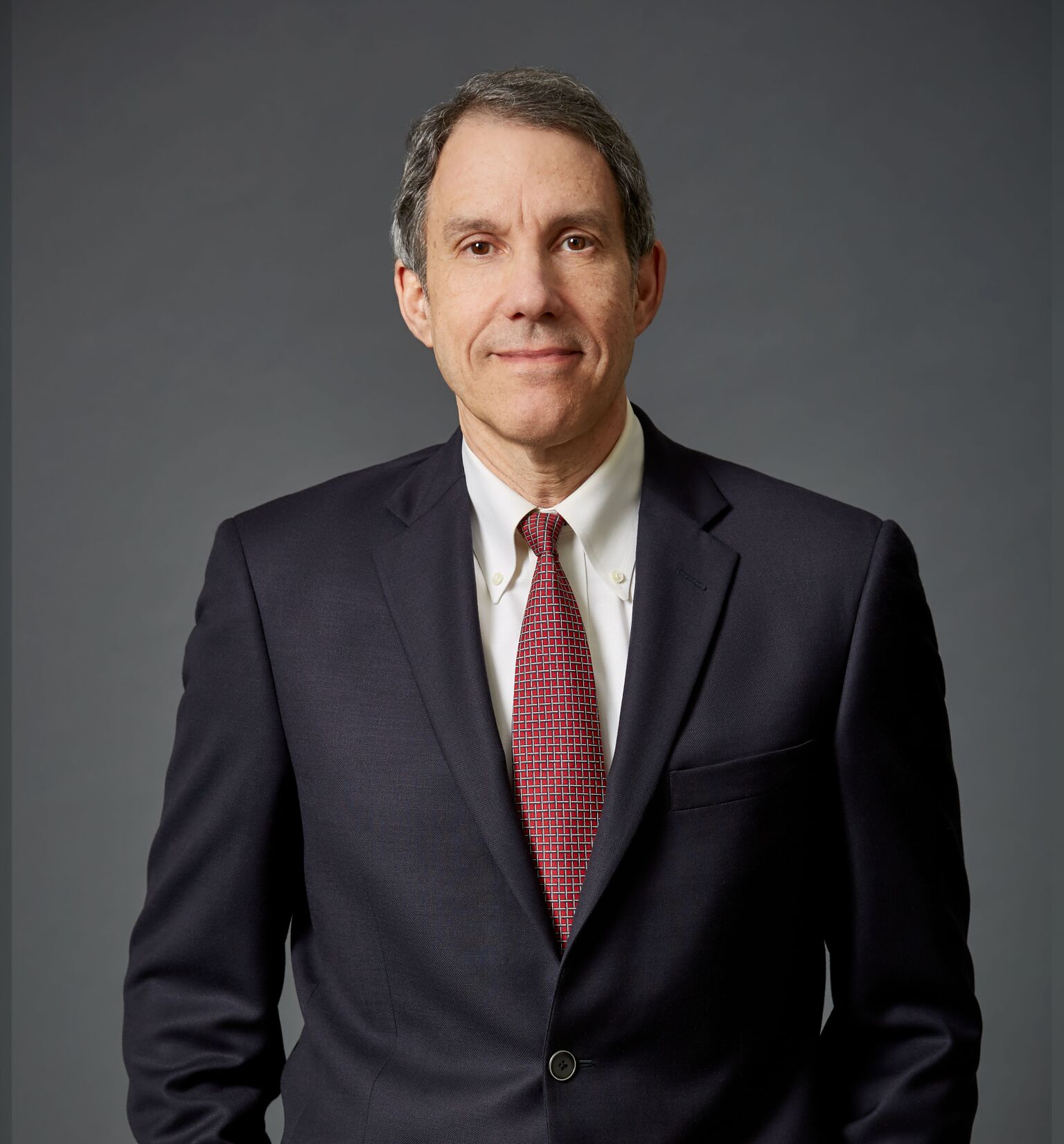
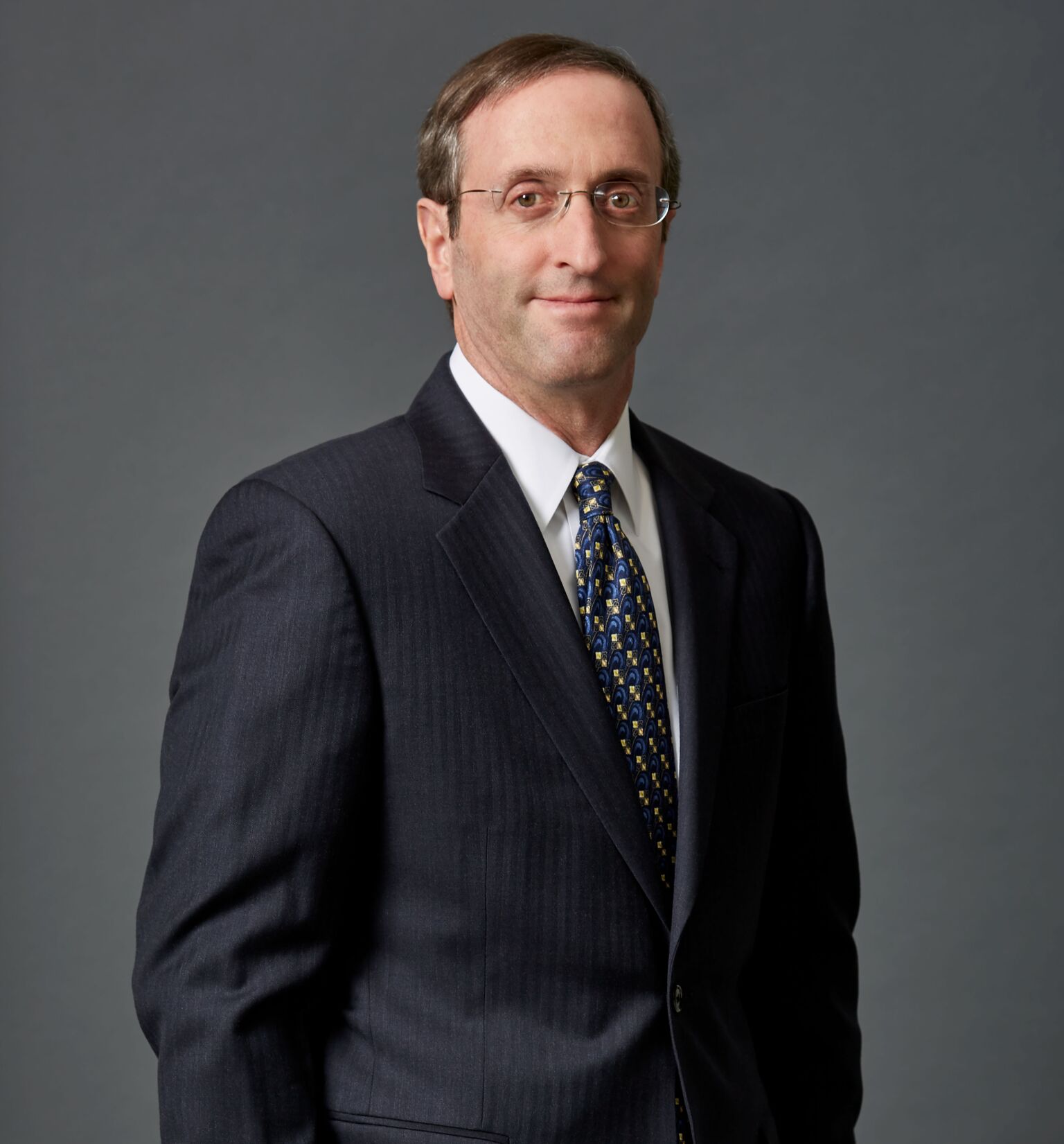
Richard E. Buchwald, CFA, is a Managing Director at Logan Capital Management, Inc. Mr. Buchwald has more than 30 years of investment management and investment banking experience. He is a co-developer and manager of the proprietary Logan Concentrated Value and Logan International ADR equity portfolios. Marvin I. Kline, CFA, is a Managing Director at Logan Capital Management, Inc. Mr. Kline has more than 30 years of investment management and investment banking experience. He is a co-developer and manager of the proprietary Logan Concentrated Value and Logan International ADR equity portfolios. Mr. Kline was formerly President of Berwind Investment Management, L.P.
In this exclusive interview (word count of 3,677) in the Wall Street Transcript, these two award winning portfolio managers discuss their investing strategy and top picks.
“We have been managing this portfolio for 11 years and one quarter through the end of March 30, 2018. It is an international high dividend yield strategy. We focus on companies with a minimum market cap of $15 billion that are paying dividends. Our entire universe is dividend yield-paying companies in developed markets. ”
The Logan International investing methodology has been developed over the course of decades for maximum return.
“We go through various screens, and to get comfortable with the company, we will roll up our sleeves and dig into the numbers, meaning we don’t just use a computer model to determine which stocks are qualified for purchase. Those screens get us down to a viable universe of somewhere around 125 stocks that we view for purchase.”
“Our major criteria for stock selection from that 125 is that we want stocks that are high, as in the highest in dividend yield versus those in their sector, country yield, developed market or EAFE yield. For example, in Japan, the current yield is around 2% on a dividend, so anything in Japan that we are looking at would have to have a dividend yield of 2%. If you are looking throughout the entire universe of developed markets outside the U.S., the average yield is 3%, so anything above 3% would be qualified for purchase.”
Read the entire 3,677 word interview in the Wall Street Transcript to get the specific stocks recommended in the Logan International portfolio.
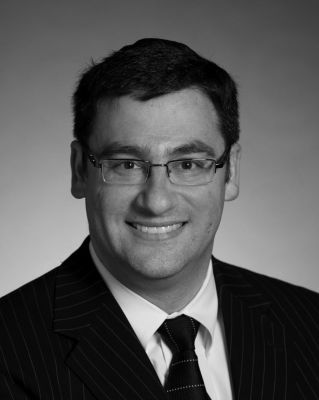
Meyer Shields, Managing Director, joined Keefe, Bruyette & Woods, Inc., in 2013 from Stifel, Nicolaus & Co., Inc., where he worked since 2005. Based out of the Baltimore office, Mr. Shields is a Managing Director covering property/casualty insurance. His awards include The Wall Street Journal Best on the Street Survey, in 2009 ranking number five and in 2012 ranking number two. Prior to joining Stifel, Nicolaus & Co., Inc., Mr. Shields was an Analyst with Legg Mason Capital Markets and J.P. Morgan, and held various actuarial positions within Zurich North America. Mr. Shields graduated with a degree in actuarial science from University of Toronto and is a Fellow of the Casualty Actuarial Society.
In his exclusive interview with the Wall Street Transcript, Meyer Shields identifies a clear threat to increasing profitability at major insurance carriers.
“…The insurance carriers have also benefited significantly from low inflation for a long, long time, because insurance companies have to estimate the costs of claims ahead of time, and if they’ve assumed a higher inflation rate than the one that actually materializes, that difference shows up in the form of prior period loss reserve releases that boost earnings.
If inflation even normalizes — it doesn’t have to be worse than it has been historically — but if inflation normalizes, then that contribution to earnings from revising estimates from prior period losses will come down. I’m not sure, since that has been forecast unsuccessfully for so long.
But because we haven’t seen inflation materialize, if and when it does — whether it’s typical inflation, some insurance-specific issues like legal inflation or medical inflation or even just the overall trend in jury trials — if any or all of those start to normalize or regain historical levels, I think that will be more painful for insurance companies than people seem to anticipate.”
To see which stocks are most at risk from this threat, read the entire interview with Meyer Shields at the Wall Street Transcript.
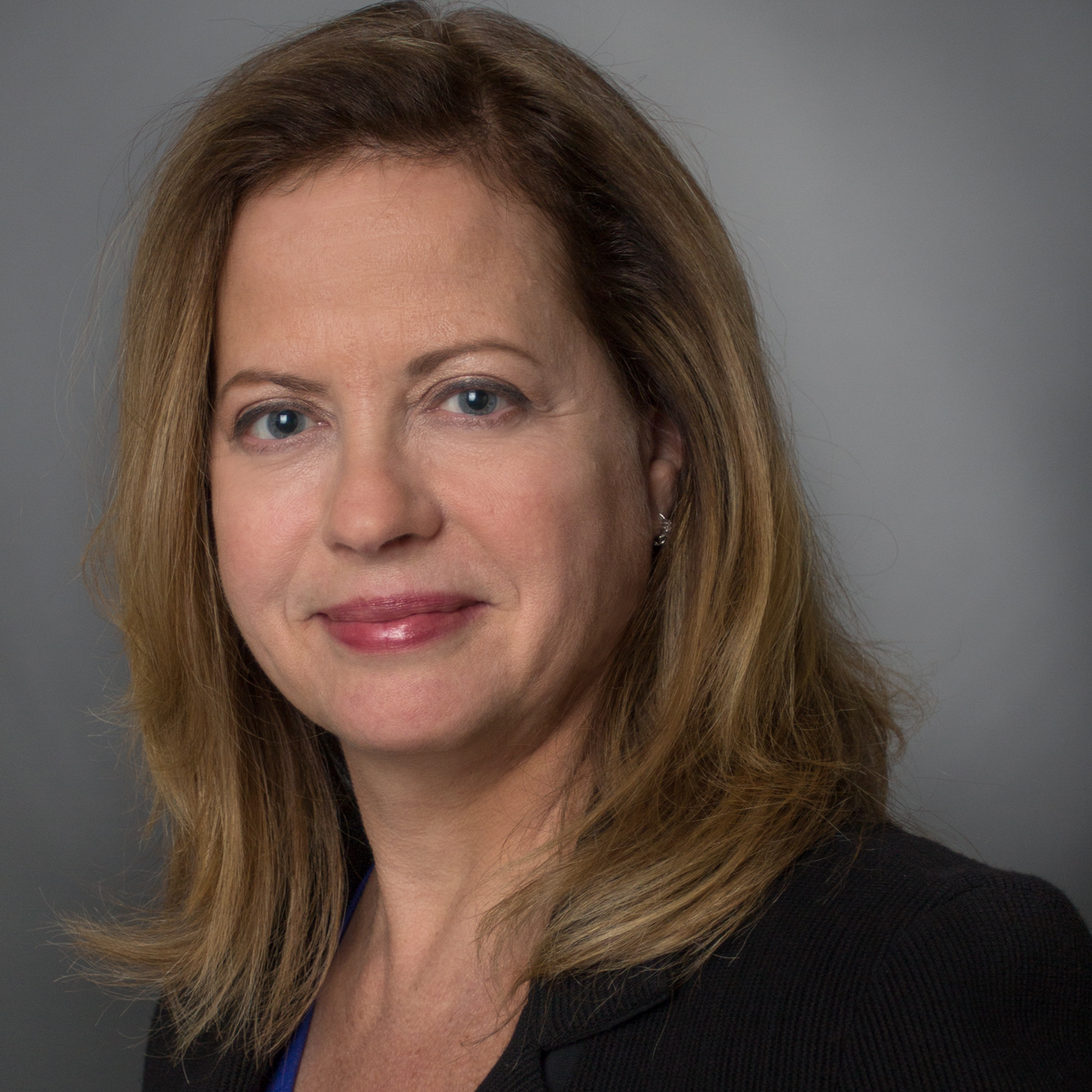
Diane E. Jaffee is Group Managing Director and Senior Portfolio Manager of The TCW Group, Inc. Ms. Jaffee is the Senior Portfolio Manager for the TCW Relative Value Large Cap, TCW Relative Value Dividend Appreciation and TCW Relative Value Mid Cap strategies and funds. She joined TCW through the acquisition of SG Cowen Asset Management in 2001. She had been a senior portfolio manager at Cowen Asset Management since 1995 and continues in that role at TCW. She has more than 30 years of investment experience. Before joining Cowen, she was Vice President and Portfolio Manager at Kidder, Peabody & Co. from 1986 to 1995.
Prior to that, she was Vice President at Lehman Management Company from 1985 to 1986 and an equity analyst with Prudential Insurance from 1982 to 1985. In 2007, Ms. Jaffee was named the Separately Managed Accounts Award winner in the Large Cap Equity category by Standard & Poor’s and its award partners Prima Capital and Investment Advisor magazine. The TCW Relative Value Large Cap, Dividend Appreciation and Mid Cap mutual funds have been each awarded The Wall Street Journal’s “Category Kings” in their respective categories, multiple times in 2012, and the TCW Dividend Appreciation Fund was ranked the number-one top-performing fund among Lipper Equity Income Funds for 2012. In 2013, the TCW Relative Value Large Cap mutual fund was ranked number-one fund for the first quarter and the number-six fund for the one-year period ending March 31, 2013, among Large Cap Value peers, while the Dividend Appreciation Fund ranked number two for the quarter and number three for the one-year period ending March 31, 2013, among Equity Income peers. Ms. Jaffee holds a B.A. in economics from Wellesley College, 1982.
In this exclusive interview with the Wall Street Transcript, Ms. Jaffee reveals an interesting and well researched perspective on the current equity market.
” If you go back 20 years, there have been three of these full cycles in the equity markets, and historically, the second phase has lasted, at the shortest, 15 months and as long as 90 months. It’s a very investable phase. So we believe we were already in this before the tax cuts came about. Tax cuts have added a tailwind to this current second phase so that most likely this phase will be toward the middle of the longer side of historical patterns.”
To see where this positive correlation will fall for specific stock names in Diane Jaffee’s equity portfolio, read the entire interview in the Wall Street Transcript.
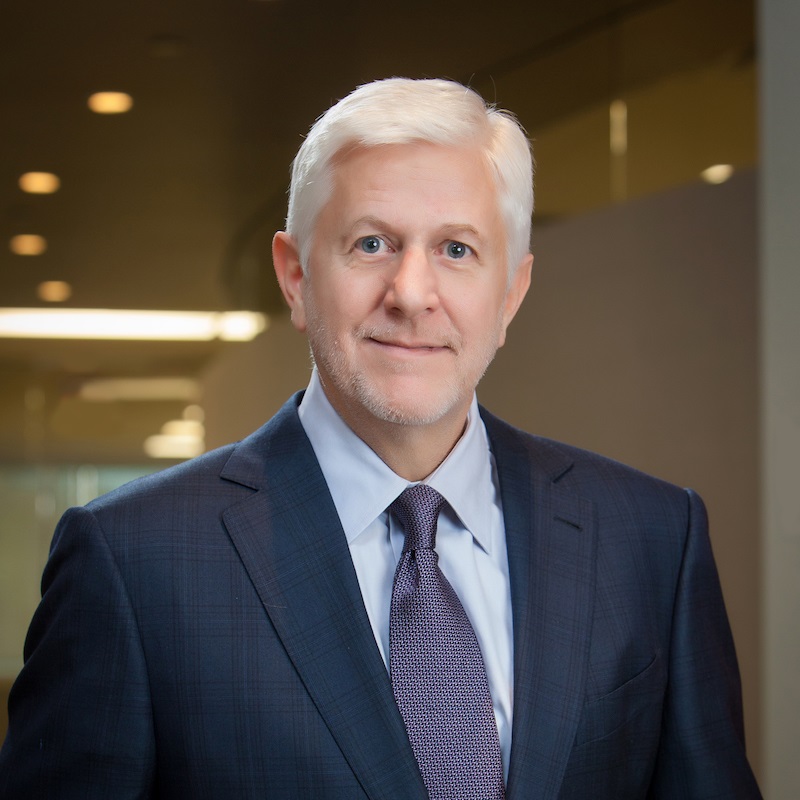
Michael Cook is the Founder, Chief Executive Officer, and Chief Investment Officer of SouthernSun Asset Management. In his over 30 years of experience as a research analyst and portfolio manager, Mr. Cook has developed a unique investment philosophy and process, which serves as the core of the firm’s U.S. and global equity strategies. Throughout his career, he has been featured and quoted in The Wall Street Journal, Barron’s and Bloomberg Markets magazine, and has been a speaker on CNBC, Fox Business News and Bloomberg TV. Mr. Cook attended Covenant College and the OCCA Business Programme, Wycliffe Hall, University of Oxford, and is a member of the CFA Institute. In his exclusive interview with the Wall Street Transcript, Michael Cook discusses his investment philosophy and details the essential financial information underpinning his top portfolio picks.
“We’ve historically, since the beginning, concentrated our efforts on small to medium-sized businesses with really more of a private equity approach. So we’ve been many times called a private equity firm that manages public equity. We focus in on value and fundamentals of businesses, what unique niches they may operate in and management teams that have a long-term perspective to creating shareholder value. So that’s been done since the beginning and we continue to do so today; even though we do have three strategies per se, they all really focus on that same core of fundamentals that we think is rather unique.”
An example of this unique persepective is top pick, Darling Ingredients.
“I would say one of the businesses we find interesting at the moment is a company called Darling Ingredients (NYSE:DAR). Darling is a Dallas-based company that originally was in the rendering business and has really transformed themselves into a very diverse business across the feed and fuel complex. For folks that don’t understand what rendering is — rendering is when you take cattle, pig or chicken carcasses and render them down into usable fats, oils, tallows and bone meal. Rendering is a recycling business that generates valuable byproducts.”
To get more top picks and the detailed analysis that led to their inclusion in Michael Cook’s portfolio, please read the entire interview in the Wall Street Transcript.
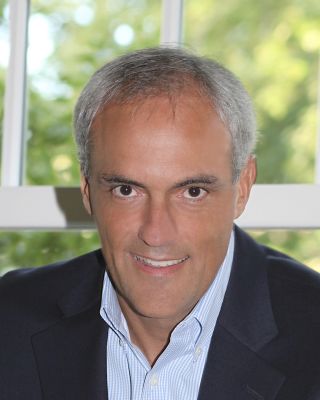
Scott Wallace is the Founder and Chief Investment Officer of Shorepath Capital Management LLC. Mr. Wallace joined AllianceBernstein as a U.S. Large Cap Growth Portfolio Manager in 2001 and became U.S. Large Cap Growth Team Leader on March 31, 2010. Mr. Wallace also was a partner and member of the senior leadership team at AllianceBernstein charged with managing and setting strategy for the firm. Prior to joining AllianceBernstein, he was with JPMorgan for 15 years, where he was a managing director and held a variety of roles in the U.S. and abroad, most recently as head of equities in Japan. Mr. Wallace has a B.A., magna cum laude, from Princeton University. In this exclusive interview in the Wall Street Transcript, Scott Wallace describes his investing philosophy as well as some specific stock recommendations from the Shorepath Capital stock portfolio.
“One of the things we believe very strongly is a no-labels approach to investing. No particular style or cap size has a monopoly on interesting franchises that trade at a meaningful discounthttps://www.twst.com/interview/looking-for-great-companies-trading-at-a-discount-to-intrinsic-value to their intrinsic value. We try really hard to be open-minded about all the labels that other people might attach to our investments. Right now, you’ll see a portfolio that tends to be a little more large-cap-focused. ”
The portfolio manager has a method for dealing with the current U.S. government:
“I think one of the things about Trump that has been a lesson to me so far in his presidency is to ignore the rhetoric, ignore the tweets and follow what he does. The tweets can be quite inflammatory, and if you follow them in your portfolio, you can often get led astray. So instead, follow what he is actually doing, and so far at least, what he’s doing on the trade front actually isn’t hugely different.”
This leads Scott Wallace to some interesting special situations.
“So there are a few individual companies we have found attractive lately. The first is a recent spinoff from Delphi Automotive (NYSE: DLPH) called Aptiv (NYSE:APTV). Aptiv does a lot of vehicle electrification, autonomous driving and user entertainment gear for cars. I bought it when it got spun out of Delphi. ”
To get additional top stock picks from Scott Wallace, Founder and CIO of Shorepath Capital, read the entire interview in the Wall Street Transcript.
The newest Investing Strategies Report has been published at the Wall Street Transcript and includes interviews with highly regarded money managers including Randall M. Heck, Michael Cook, and Diane E. Jaffee of the TCW Group.
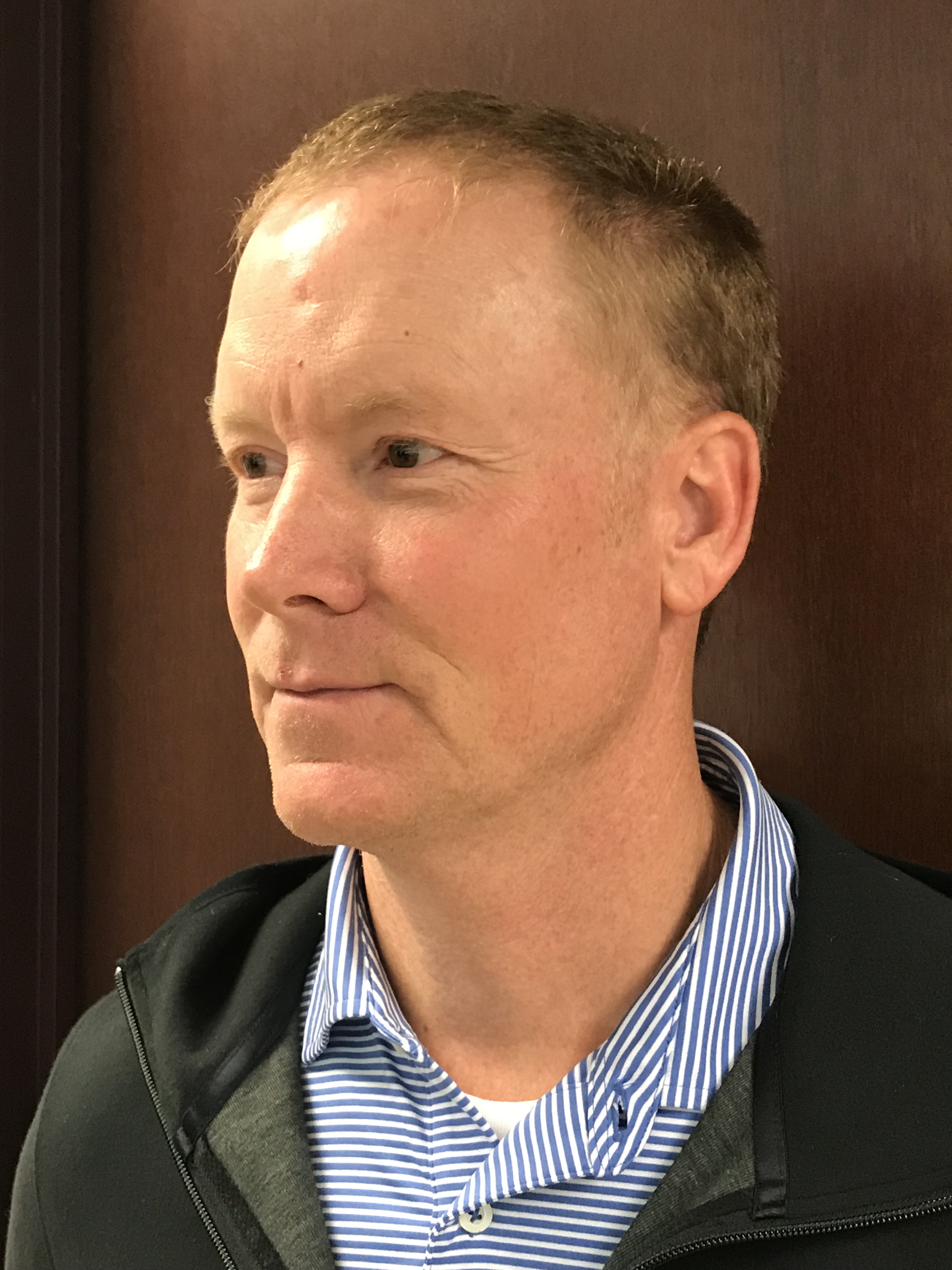


This Investing Strategies Report is supported by the new release from the Conference Board.
The Conference Board produces a monthly “economics indicators” for the U.S. as well as a number of other highly developed economies around the world and was the Winner of the Consensus Economics 2016 Forecast Accuracy Award (U.S.) Recently, the Conference Board has released it’s newest stats:
The Conference Board Leading Economic Index® (LEI)for theU.S. increased 0.4 percent in April to 109.4 (2016 = 100), following a 0.4 percent increase in March, and a 0.7 percent increase in February.
“April’s increase and continued uptrend in the U.S. LEI suggest solid growth should continue in the second half of 2018. However, the LEI’s six-month growth rate has recently moderated somewhat, suggesting growth is unlikely to strongly accelerate,” said Ataman Ozyildirim, Director of Business Cycles and Growth Research at The Conference Board. “In April, stock prices and housing permits were the only negative contributors, whereas the labor market components, which made negative contributions in March, improved.
This new Investing Strategies Report, and the new economic indicators, provides investors with the both the macro ecnomic viewpoint as well as the specific stock upside needed to increase their portfolio value significantly in 2018. Read all the interviews in the Wall Street Transcript.